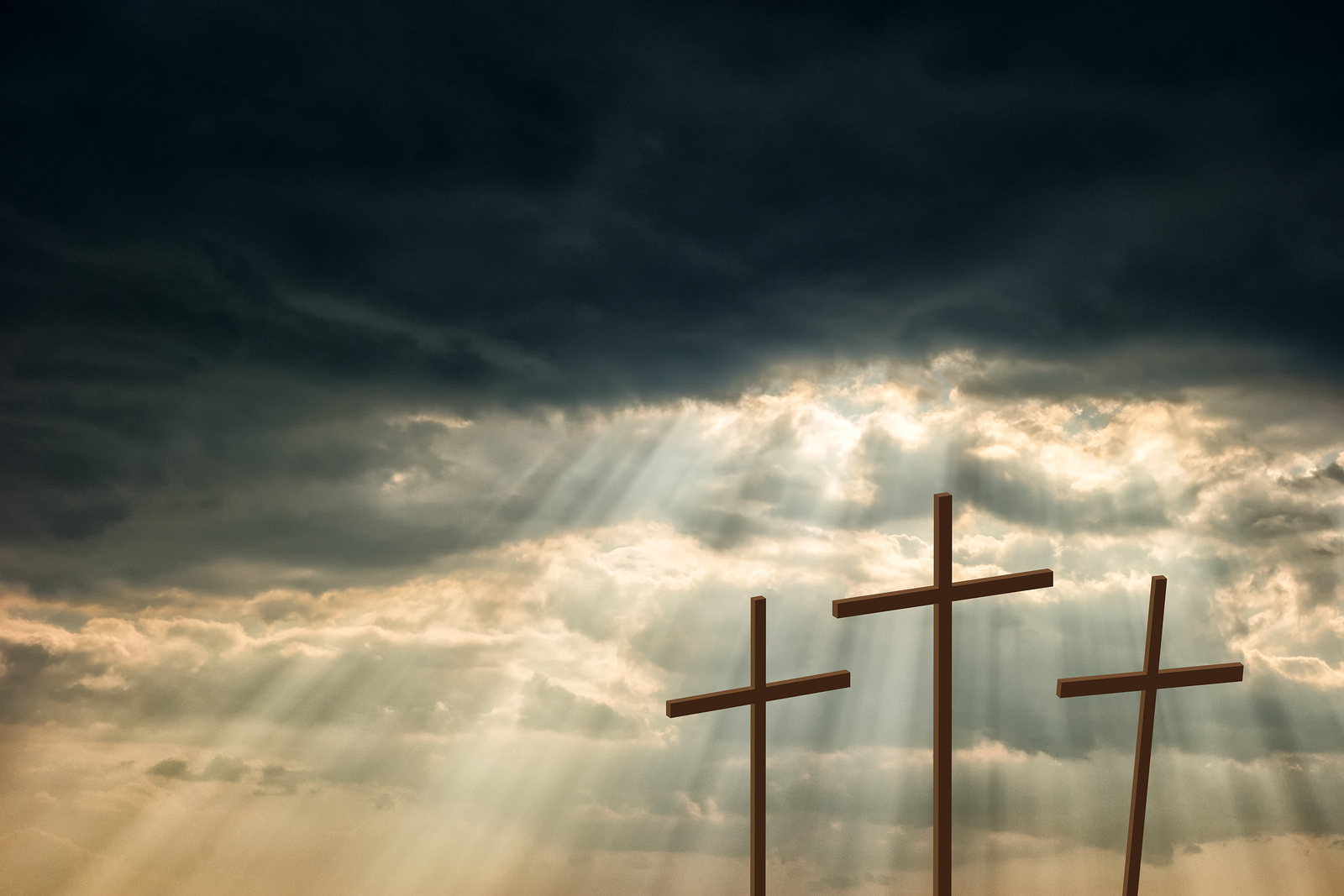
Joy in the Hope of the Resurrection
11-06-2022Weekly ReflectionFr. Manasseh Iorchir, VCWe are gradually approaching the end of the Church’s Liturgical Year and so the Readings are beginning to tilt towards explaining the reality of the end of life on earth and what we should expect thereafter. This weekend we are expected to consider the concept of the Resurrection of the dead.
The First Reading from the second book of Maccabees tells the story of a widow who watched and even encouraged her seven sons to suffer martyrdom at the hands of the cruel Antiochus IV, a crazed egoistic Hellenist Emperor. Antiochus had taken charge of the middle portion of Alexander the Great’s once worldwide kingdom and committed himself to the Hellenization of all the nation states who were unfortunate to find themselves within his jurisdiction. This involved the forcible paganisation of the Jewish people by compelling them to profane their religion or face death. For these seven brothers, the instrument of paganisation was to force them to eat pork in violation of their strict Jewish faith. The brothers, prompted by their mother’s passionate and courageous counsel, opted to hold onto their Jewish faith, rejecting any form of compromise in the process. By words and action, they proclaimed that their lives would not end with physical death, they held onto their Jewish faith with the belief that at the Resurrection, God would restore to them all that they may have lost by their martyrdom.
The Gospel passage recounts an encounter between Jesus and the Sadducees, a Jewish religio-political sect that did not hold similar belief in the resurrection of the dead with the Jewish mother and her seven sons. The Sadducees, a Jewish elite sect who controlled the Temple and the local government accepted only the Pentateuch as Scripture, rejected the existence of angels and since the Resurrection was not clearly taught in the Pentateuch, refused to believe in it. This view was irreconcilable with the Pharisees’ belief in the Resurrection and many people followed the Pharisees. In an attempt to refute Jesus’ upholding of the doctrine of the Resurrection, the Sadducees confronted Him with an incredible story designed to prove that the resurrection of the dead would lead to insoluble conundrums; therefore, it cannot be true.
Jesus responded by clarifying two confessions: first, that there was no need for marriage after the Resurrection since there was no longer death and therefore no marital relationships in order to ensure procreation. Second, Jesus used God’s self introduction in Exodus 3:6 (from the Pentateuch, the only Scripture accepted by the Sadducees) as proof for the Resurrection since God addresses Himself as the God of Abraham, Isaac and Jacob, the patriarchs of Israel. Clearly, it is unthinkable that the Living God, the all-powerful creator, would be identified by His relationship to three dead men. God is God of the living, not the dead.
Belief in and the hope of the Resurrection is at the very core of our Christian faith. We are prepared to confront the temptations and hardships of this world, even death, because we know we shall be raised to a glorious new life after physical death. There will simply be no justification for the courageous martyrdom of the seven brothers and all Christian martyrs if the Resurrection were nothing but a bogus mirage. We are invited to re-evaluate our appreciation of this core belief and allow the joy of hope in the Resurrection to influence our daily witnessing of the Gospel.
May our longing for our true Homeland never wane and may no obstacle prevent us from being partakers in the joyous life with God at the Resurrection.
Please be kind and may God bless you.
Fr. Manasseh
BACK TO LIST